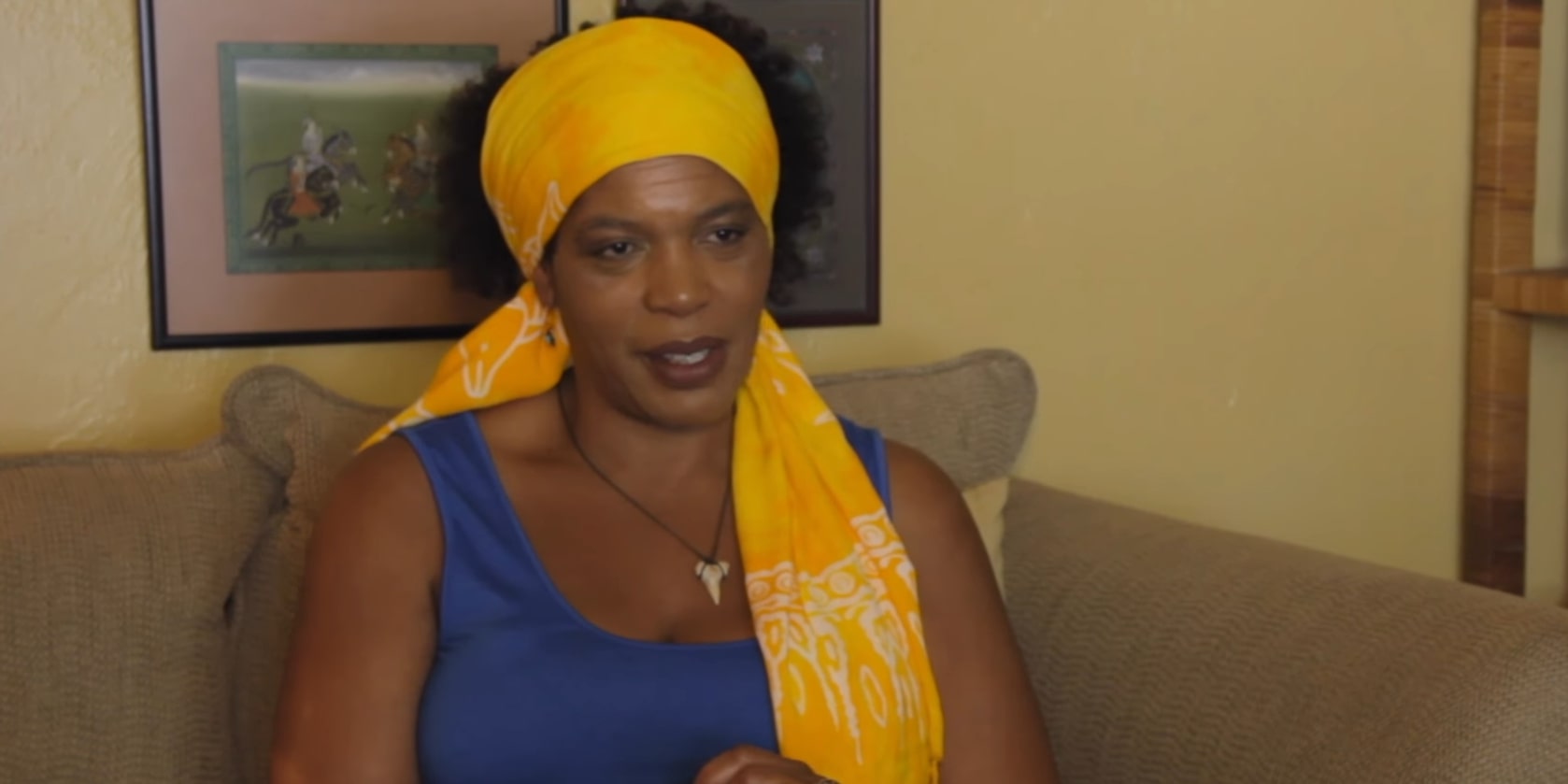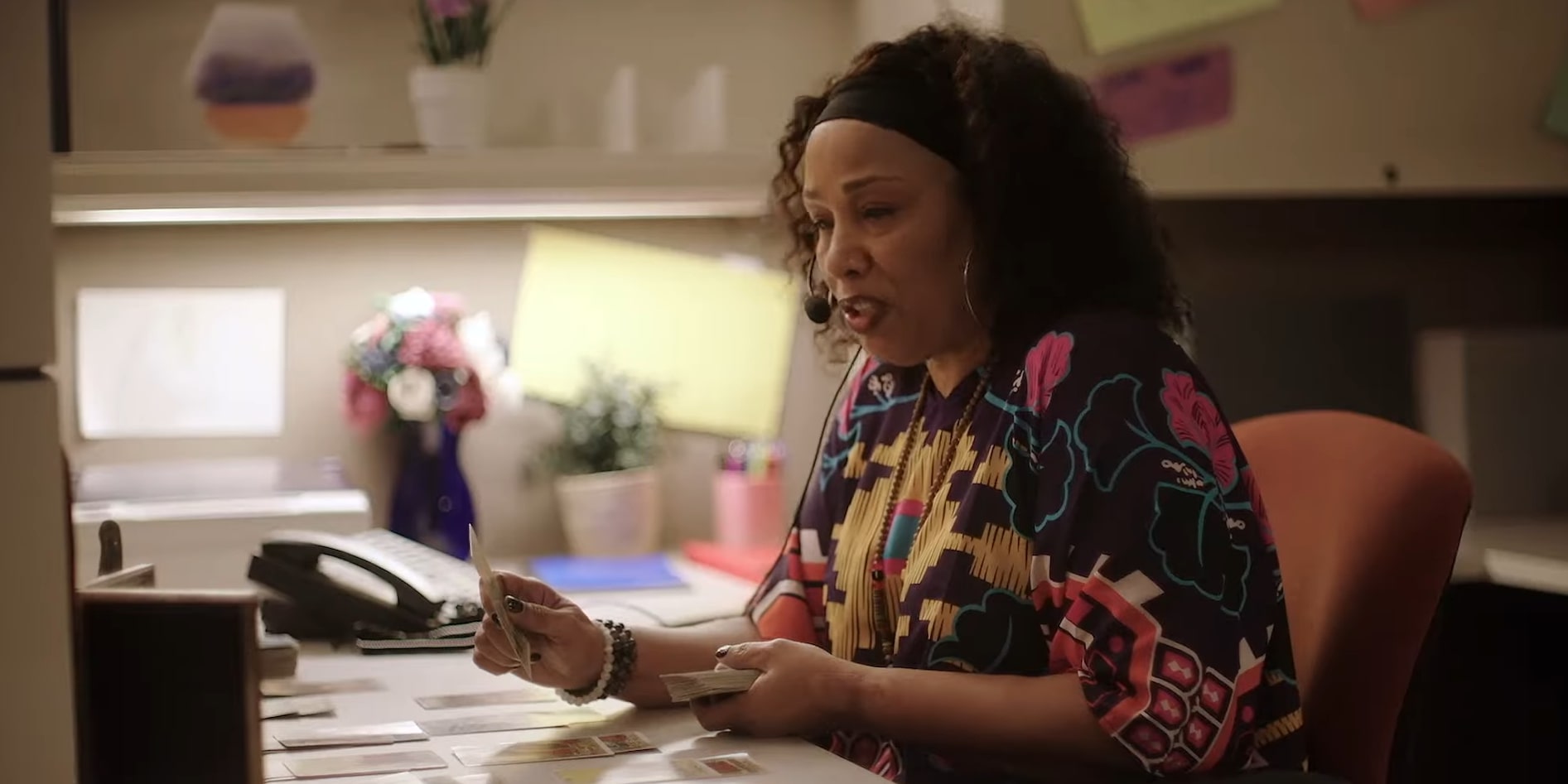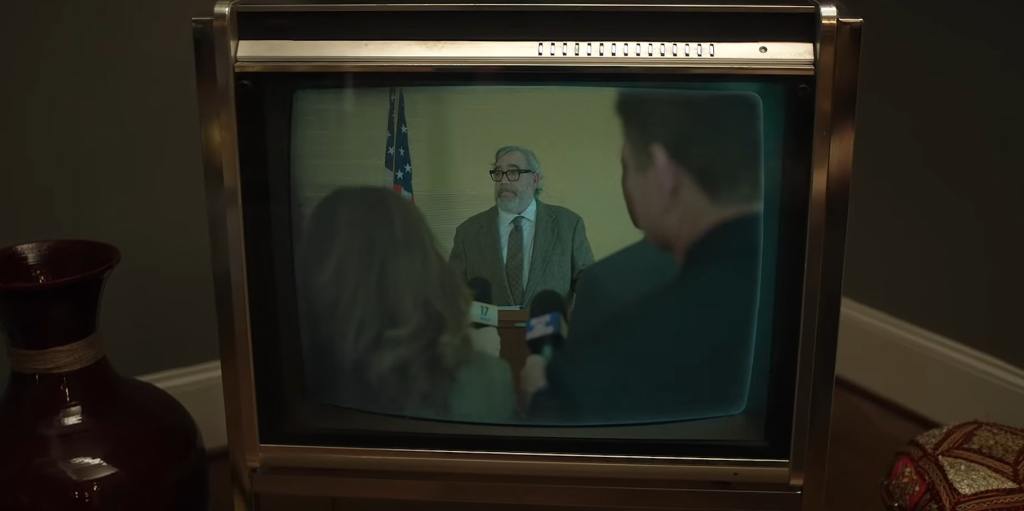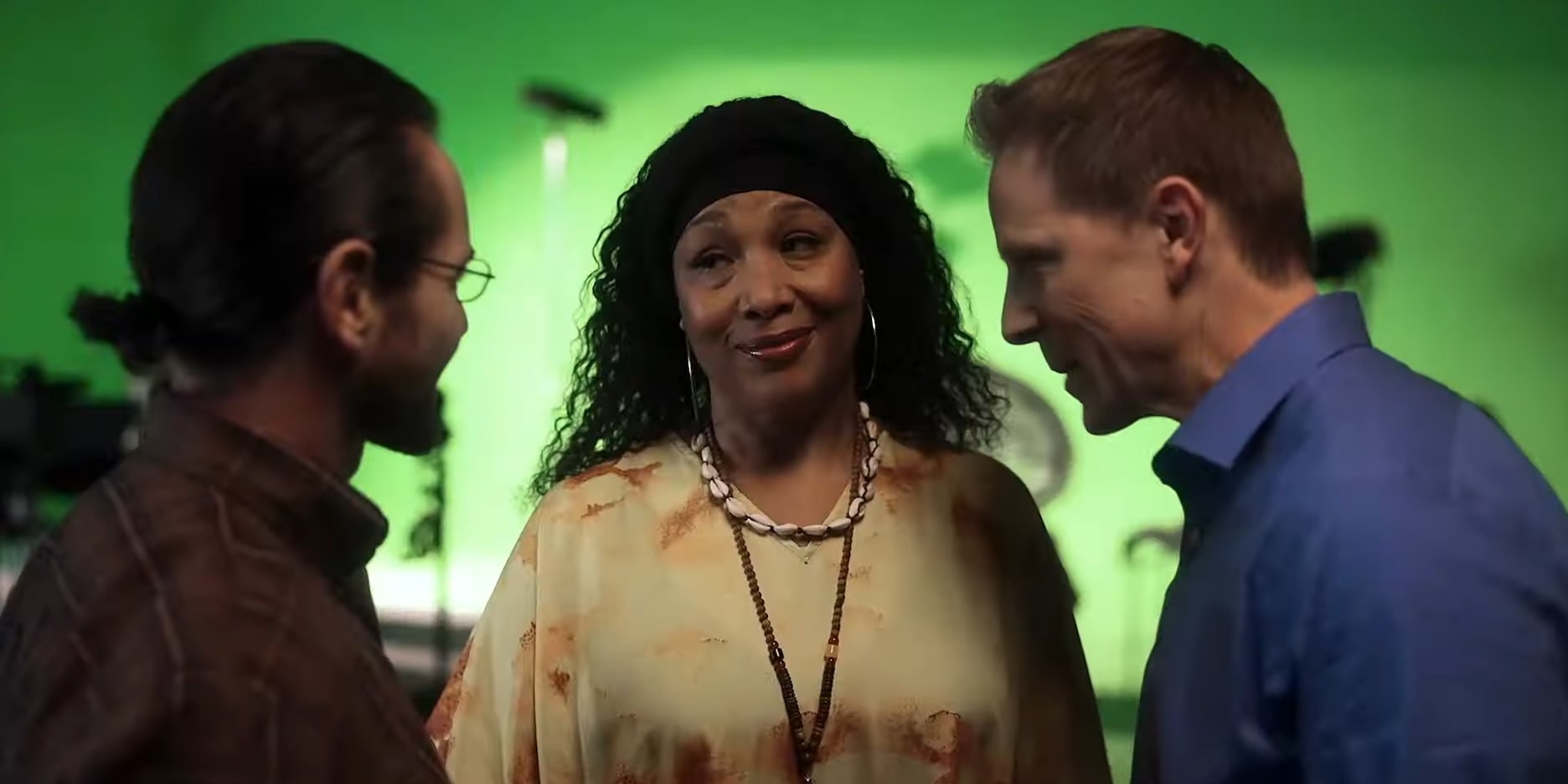Helmed by Tim Reid, ‘Miss Cleo: Her Rise and Fall’ transports us to late 1990s Florida, where a single mother inadvertently becomes a famous psychic and ends up facing scandal. The film follows Harris as she takes a job at the Psychic Readers Network to support her family, carrying out tarot reading over the phone while adopting the persona of Miss Cleo. Recognized for her colorful turban and compassionate readings, Miss Cleo earns a devoted following and becomes the hottest seller for the network. However, her success is marred by allegations of fraud against her clients, putting her reputation and livelihood at risk. As the Lifetime drama thoroughly explores Harris’s journey from a celebrated psychic to a public figure battling to clear her name, we are left wondering how much truth there is to the story.
Miss Cleo: Her Rise and Fall Tells an Empathetic True Story
Born Youree Dell Harris, Miss Cleo was a real person who gained prominence for her psychic hotline in the late 1990s, and Lifetime’s ‘Miss Cleo: Her Rise and Fall’ chronicles her journey with an empathetic gaze. Born in Los Angeles to US citizens, Harris worked with a theater troupe in the 1990s, struggling to make ends meet as a single mother in her 20s. In 1997, she used the moniker Ree Perris and wrote a play called ‘For Women Only,’ in which she appeared as a Jamaican woman named Cleo. Many believe that this is where the persona of Miss Cleo originated.

In the same year, Harris moved to Florida and met Steven Feder and Peter Stolz, the founders of the Psychic Readers Network, and took up the job of a Tarot reader at their call center. She adopted the persona of Miss Cleo and a Jamaican accent and quickly became one of the network’s best performers. By the late 1990s, she had begun appearing in TV commercials for the company, advertising consultations, and becoming the face of their marketing campaign. The Psychic Readers Network made use of all the marketing tools available at the time to great effect, using the recently popularized internet and emails while taking up more affordable TV advertising slots later at night.

As a result, the enigmatic persona of Miss Cleo skyrocketed to fame, making Harris a recognized face of late-night TV. With Harris herself only able to take one call at a time, many employees were hired as a part of her team to act as backups and attend to multiple callers. Despite her rise to fame, the self-proclaimed psychic was still an employee of the Psychic Readers Network and was paid a measly per-hour wage, according to her own accounts.
Miss Cleo: The Scandal and Fall From Grace
With the company using many spammy and predatory practices to draw customers, thousands of complaints began pouring into the Federal Trade Commission (FTC). In 2002, the organization filed fraud and unfair telemarketing charges against Psychic Readers Network Inc. and its parent firm, Access Resource Services. The lawsuits went into overdrive when former Florida Assistant Attorney General Dave Aronberg began spearheading the campaign against the companies. The scandal surrounding Miss Cleo herself grew when Aronberg named her as a party in one of the investigations because of a fraudulent collection letter that was seemingly signed by her.

However, Harris clarified that she had never signed the document and that it was a forgery, causing her name to be dropped from the lawsuit. Feder and Stolz settled charges by paying $5 million in 2002 for misleading customers. While her promoters were not criminally charged, Harris became the scapegoat in the entire affair. Her involvement was sensationalized, and the accusations simply became too much to bear. While Harris still asserted her authenticity as a psychic, she became reclusive after the debacle, disappearing from the public eye as quickly as she had arisen.
The Inspirations Behind Miss Cleo: Her Rise and Fall
After the animosity against her blew over, Harris became a gay rights activist in Florida and came out as a lesbian in 2006. She did, at times, capitalize on her brush with fame, giving card readings, appearing in small ads, and starting a podcast. Harris passed away in 2016 from cancer. Her life story has been recorded in documentaries, Tony Shaff’s ‘Hotline’ and HBO Max’s ‘Call Me Miss Cleo.’ When the creatives behind the Lifetime film learned about her story, they were intrigued by its misperceptions and mystical elements.

“It was all about the timing for me. I feel like over the last two years, people are more publicly interested in supernatural and psychic abilities. I feel like the world is in a better place today to receive her story,” explained executive producer Jami McCoy-Lankford. “I immediately became intrigued with her story when I heard the news of her death and that she lived in South Florida. I started researching her and looking into what happened to her after the big scandal in the ’90s.” When the team discovered that Harris had only been an employee and received very little compensation from the company, they felt that a biased narrative in the media had unjustly targeted her at the time. Thus, ‘Miss Cleo: Her Rise and Fall’ became her story of personal struggle and vindication.
Read More: Lifetime’s The Killer Inside: True Story of Ruth Finley, Explained


You must be logged in to post a comment.